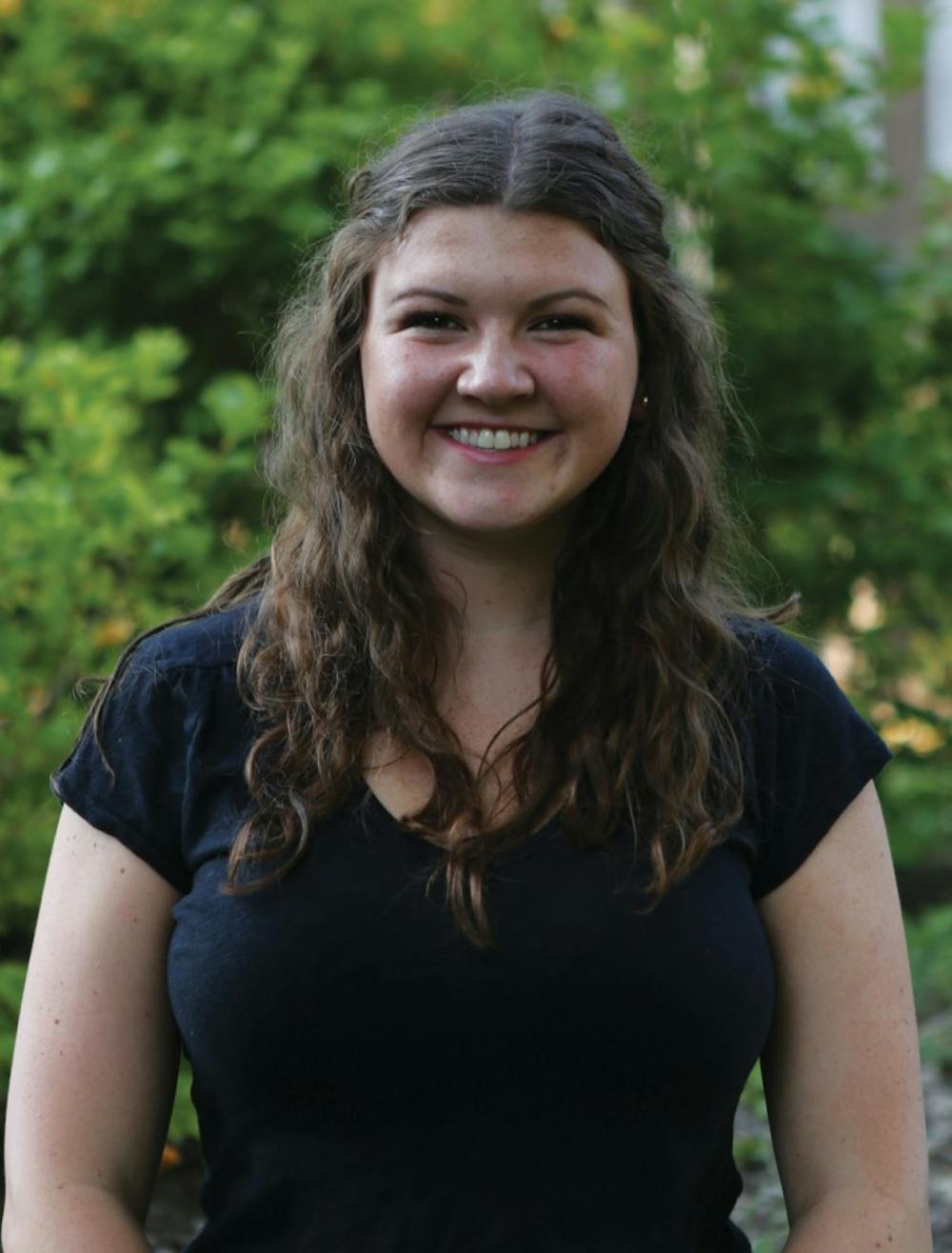The program coordinator recently left her position, leaving only mandatory reporters in the office.
Seven weeks ago, I wrote about the need for sexual assault on campus to stop. At the time, there were two total sexual assaults reported to the Ohio University Police Department and the Athens Police Department.
Two weeks ago, I wrote about the resources on campus available to survivors, especially the OU Survivor Advocacy Program. At that time, there were nine sexual assaults reported to OUPD.
Now, there have been 12 sex-related reports to Athens-area law enforcement and OUSAP is basically temporarily disbanded.
Shari Clarke, vice provost for Diversity and Inclusion, sent an email Monday informing the OU community that Delaney Anderson had stepped down as OUSAP program coordinator.
Anderson gave her notice on Sept. 29. As of 3 p.m., Oct. 21, the open position had not been posted by the university.
Clarke wrote in the email, “We are undertaking a search for a licensed and credentialed program coordinator for the Survivor Advocacy Program.”
Does that mean the search has started? Or is a search just now starting, more than two weeks after Anderson gave her notice? Why hasn’t the job been posted?
Clarke wrote that clients of OUSAP, pending and potential, will be referred to Counseling and Psychological Services. OUSAP graduate assistants are being “temporarily reassigned” and the peer advocates who have received 40 hours of training to help sexual assault survivors are being “placed on hold.”
The university’s reason for this is because Anderson was the only OU staff member licensed and credentialed to be the program coordinator.
However, Anderson was hired in November. From August 2014 until Anderson was hired, graduate assistants and peer advocates operated OUSAP without a coordinator. Bill Arnold, graduate assistant for bystander intervention and prevention education at the time, stepped in as acting program coordinator.
Why can’t they do that now?
Not doing so while the university searches for Anderson’s replacement means survivors no longer have trained advocates to accompany them through hospital visits, police reporting or Title IX processes. Why take this crucial help away?
Alicia Chavira-Prado, special assistant to the vice provost for Diversity and Inclusion, is providing the administrative leadership at OUSAP. She is a mandatory reporter. This means OUSAP is no longer confidential.
The only confidential resources on campus are now CPS and Campus Care.
Let me repeat: OUSAP, the only program on campus specifically for survivors of sexual assault, is no longer confidential.
OUSAP is an essential resource for sexual assault survivors. Anderson was a great advocate for survivors and I wish her all the best in her new position.
However, losing the program coordinator is bad enough. Losing the whole program because the university doesn’t have more than one licensed person on staff or a plan in place to promptly fill a role they’ve previously left vacated for months is unacceptable.
Four weeks ago, the university co-sponsored screenings of the documentary The Hunting Ground, which deals with the failure of colleges and universities to handle sexual assault cases.
Before the documentary, a video was shown featuring Anderson, Interim Vice President for Student Affairs and Dean of Students Jenny Hall-Jones, Office of Equity and Civil Rights Compliance Director and Title IX Coordinator Inya Baiye and OU Police Chief Andrew Powers pledging the university’s commitment to helping survivors of sexual assault at OU.
In the video, Hall-Jones said, “I want you to know that if something like that were to happen to you here at Ohio University, you are not alone. As a member of our family, our Bobcat family, what happens to you matters to us. And we have people, resources and support here for you.”
Clarke opened her email with, “Supporting survivors of sexual assault and rape, relationship violence and stalking is an important issue and priority of our campuses.”
OU Spokeswoman Bethany Venable told The Post, “Providing support and counseling services to survivors is a top priority for this university and we are working through these channels as quickly as we can to fill this position.”
Ohio University: you keep saying you care about survivors. But actions (and inactions) speak louder than words.
I don’t believe your words.
Erin Davoran is a senior studying journalism. How do you think the Ohio University administration has handled this situation? Tweet her @erindavoran or email her at ed414911@ohio.edu.






